Communication is needed in every sphere of life from between two people to communication between large groups of people. There are many types of communication and it’s important to realize that every gesture speaks for itself and has a hidden meaning behind it.
Written communication has its own implications, and then there is spoken communication and nonverbal communication. All categories may be used simultaneously by the speaker unconsciously which can often be the source of problem for the person on the receiving hand.
Communication has always been stressed upon as an important factor of the human interaction which sets us apart from other species and is the sole way through which ideas are exchanged.
Communication needs to be effective in any workplace as it allows the smooth flow of information within a firm which in turn increases productivity and creativity.
Increasingly, workplaces have become diverse in the inclusion of race, gender and ethnicity which means that communication style needs to be constantly tuned to the style of the listener.
The diversity also encourages the use of standardized communication in order to aid a clear understanding of information.
Here are the top 10 easy ways to enhance your communication skills:
1. Clean out your Ears
Unplug the ear wax and make it a priority to actually actively listen to the speaker and in the case of written communication read the whole correspondence.
We all listen yet we don’t as we assume half of what the other person is saying or writing. In order to understand clearly what the other person is saying it is important to ask them questions, observe their body language and allow them to take their pauses.
Miscommunications are often the source of all mischief and mayhem and they arise due to poor listening skills.
2. Understand the other Person
Before you hit send, pick up the phone or prepare to speak it is imperative to know you will be referring to and understand them.
This will enable you to tailor your message in the medium and language which would be understood by the receiver of the communication.
If you are speaking to someone whose first language is not English or the dominant language spoken then care must be taken to speak slowly, and without the use of difficult words. Similarly, if in correspondence with higher authorities then it is imperative to not use any informal language or abbreviations which they may not be aware of.
Adopting standardization in your communication process would only work if the receivers were of the same background and understanding of the spoken language.
3. Use your Body
Our body gives out a multitude of symptoms which are often unable to control because of lack of awareness. However, once when we learn to use our body to support our words then they form a powerful combination of communication.
Little gestures such as nodding your head, keeping eye contact, smiling at the right points in the speech, keeping your arms uncrossed are all signs of being aware of your body for better communication.
4. Review before you Speak, or Hit Send
Ditch the impatience and take your time before you start speaking or hit the send button. There is nothing more embarrassing than hitting the send button only to realize that you haven’t attached the file or only read the first line of the email and missed all the points in the reply.
Review in terms of the content of the message or what you will speak should also be evaluated before it’s too late. Patience is a virtue which when utilized often saves a lot of time and hassle for the sender and the receiver.
The pause before you speak can give you enough time to analyze the situation and filter out any unnecessary details.
5. Think about the Medium you Use
The medium used for any communication should be appropriate in terms of the receiver and their situation. The choice of the medium determines how well the message will be received and reviewed.
If an email is sent to a non-tech savvy person then he/she will not be able to access it and in turn not receive the message at all. If you have a lot of points to discuss then don’t hesitate to pick up the phone, as it would be better to write an essay via an email.
6. Don’t Ramble on
Remember the time when Rachel started telling you about the new HR plans but you dazed out in the first minute but she kept on explaining for eight more minutes.
Yes! Well don’t be like Rachel, rather be specific and concise to help the listener understand the salient points. A detailed description can be given in a report form but when face to face and with time constraints it’s better to keep it short and sweet. Many a time’s the email we write or the conversation we follow is all over the place and scattered.
It’s better to follow a pattern, to avoid one long monologue to a systematically arranged conversation.
7. Learn and Observe
Communication is best learnt through practice and observation. If you know someone who is a great communicator then observe how they talk and write emails.
Comb through the emails and understand why you like them as a receiver to be able to replicate their good points.
Read to understand how information is conveyed and written to the readers in order to become better communicators myself.
8. Don’t Multitask
We try to have more than one conversation and it results in not being able to understand anyone in particular. The best communicator concentrates on one conversation either writing an email or talking on the phone.
If you’re on the phone and are also texting or writing an email then the person on the other end will know that they don’t have your undivided attention.
9. Save it in Ink
Communication is not about being able to remember the details of the last conversation you had rather it’s about comprehending it and digesting the facts. The details which need to be remembered should be written down on paper and referred to when next needed.
10. Ask Questions
Active listening includes the act of asking questions but this act deserves a separate mention of itself. Make sure before ending the conversation or the email you have all the facts and answers to your question such as why, how, when and where.
Do you want to Study Advanced Communication Skills Training Course?
Zoe Talent Solutions offers highly professional and advanced communication skills training course that will help you build a roaring career in writing and communication.
See Zoe Talent Solutions full Communication and Writing Skills course list here: Communication & Writing Skills Training Courses

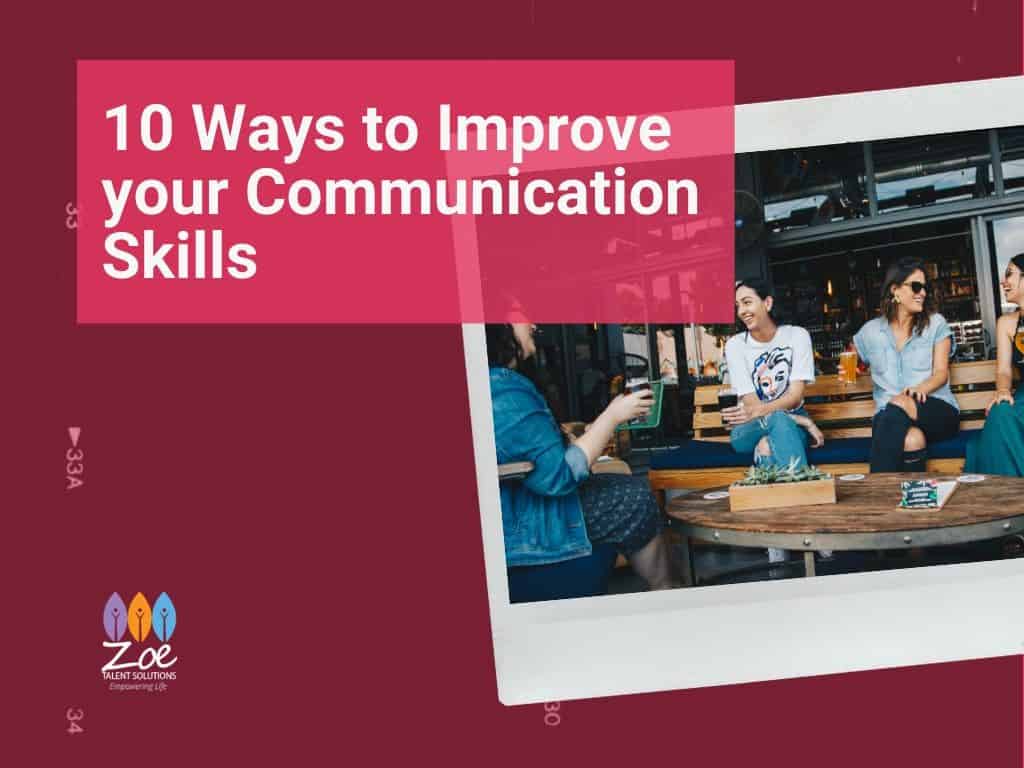
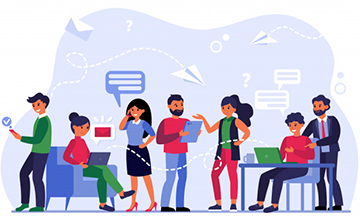


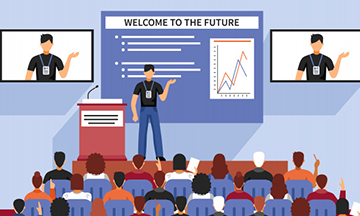


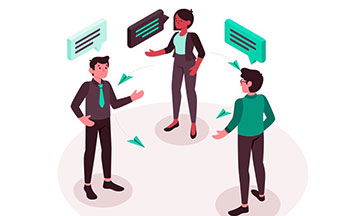
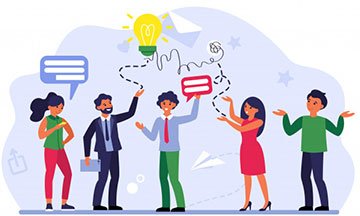

![Saudi Oil Industry Key Stats Unveiled [2024] 12 Saudi Oil Industry Key Stats](https://zoets.b-cdn.net/wp-content/uploads/2024/02/h.jpg)






